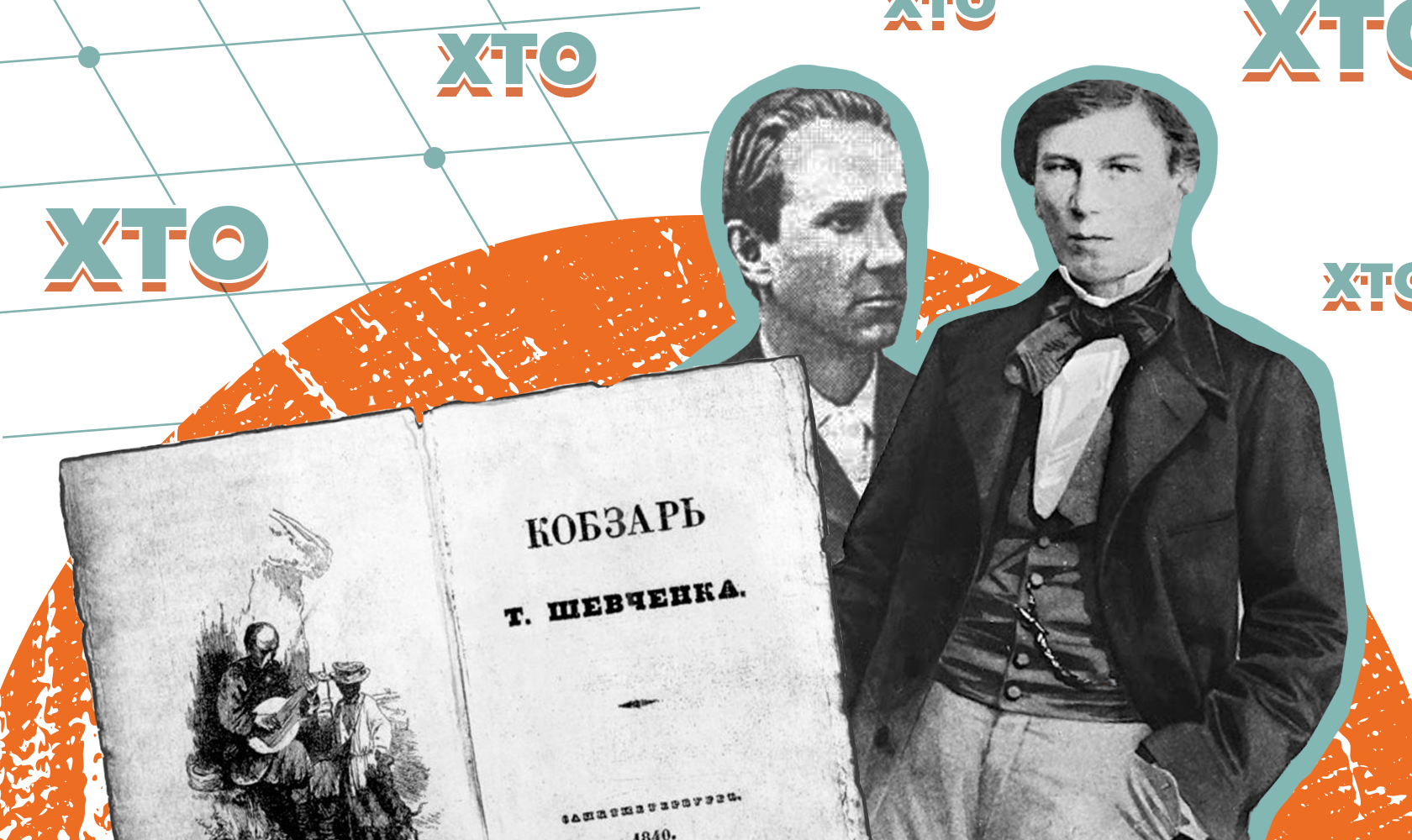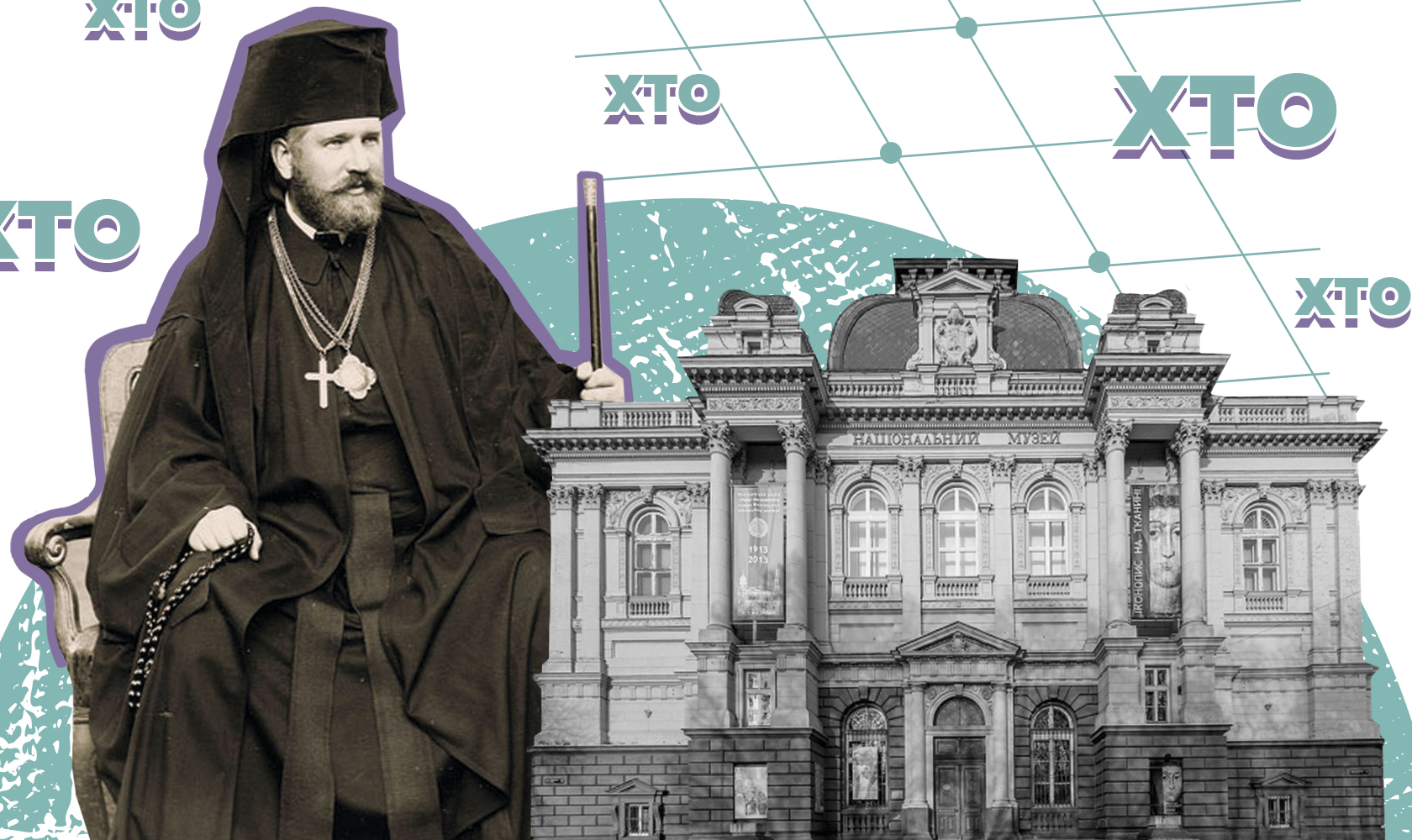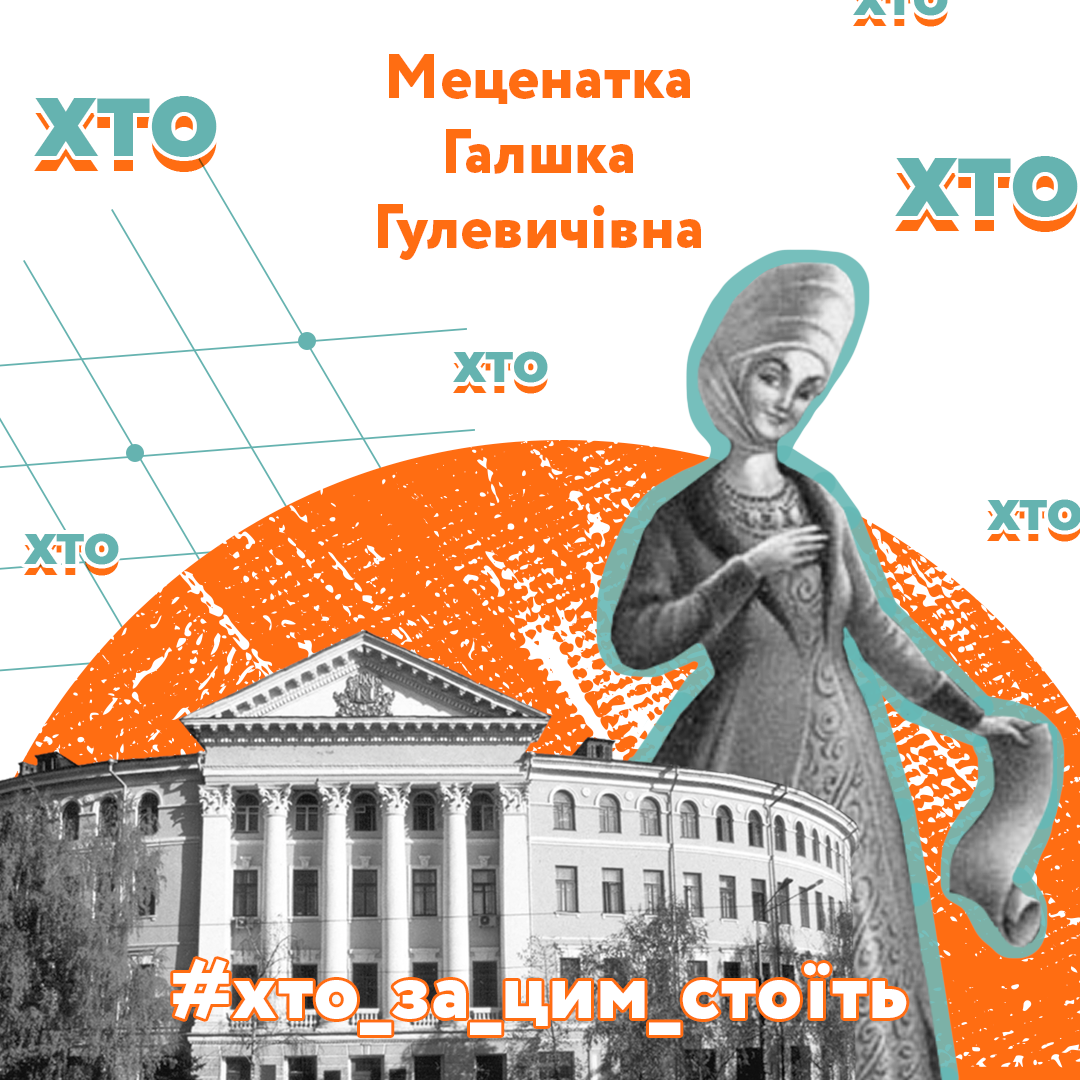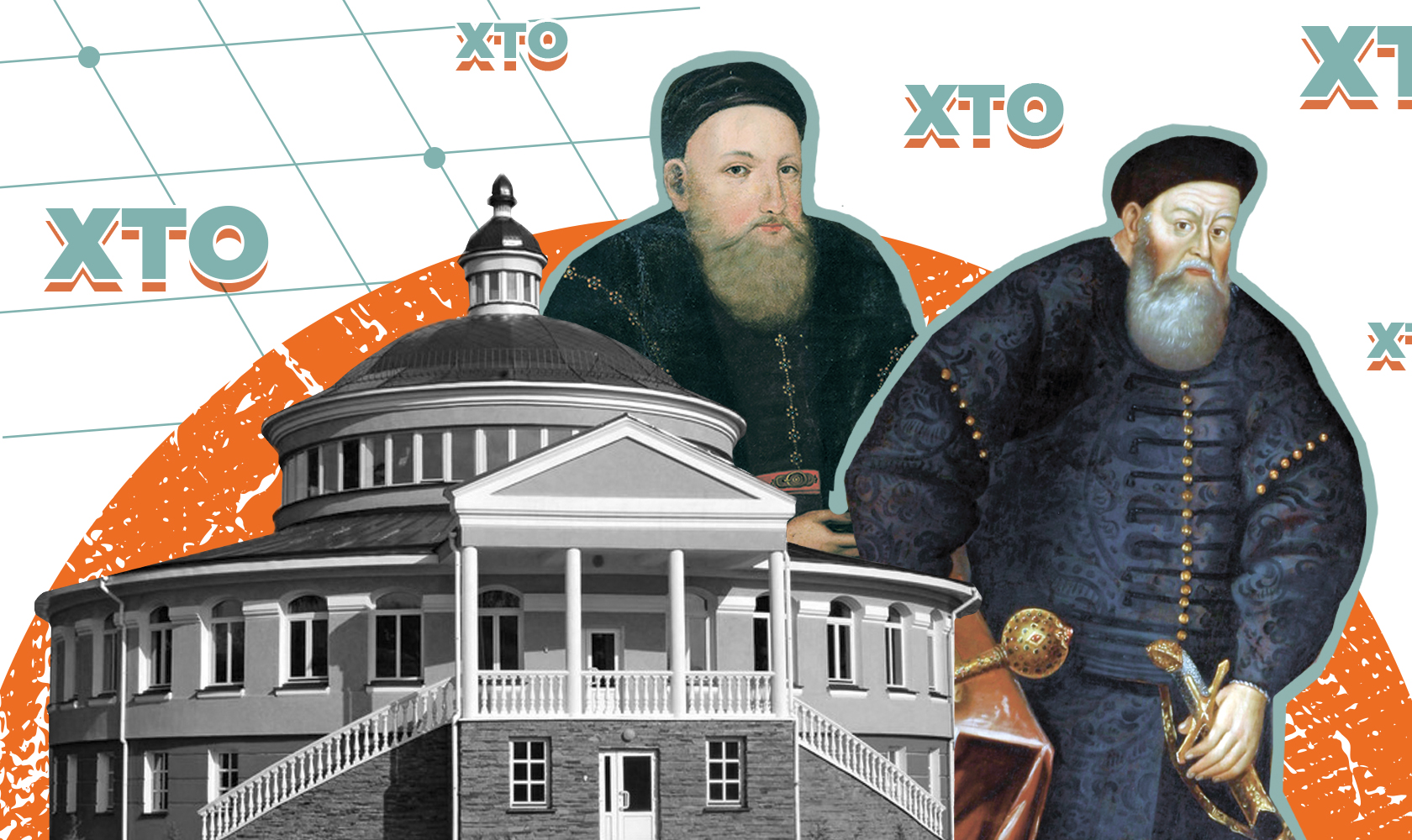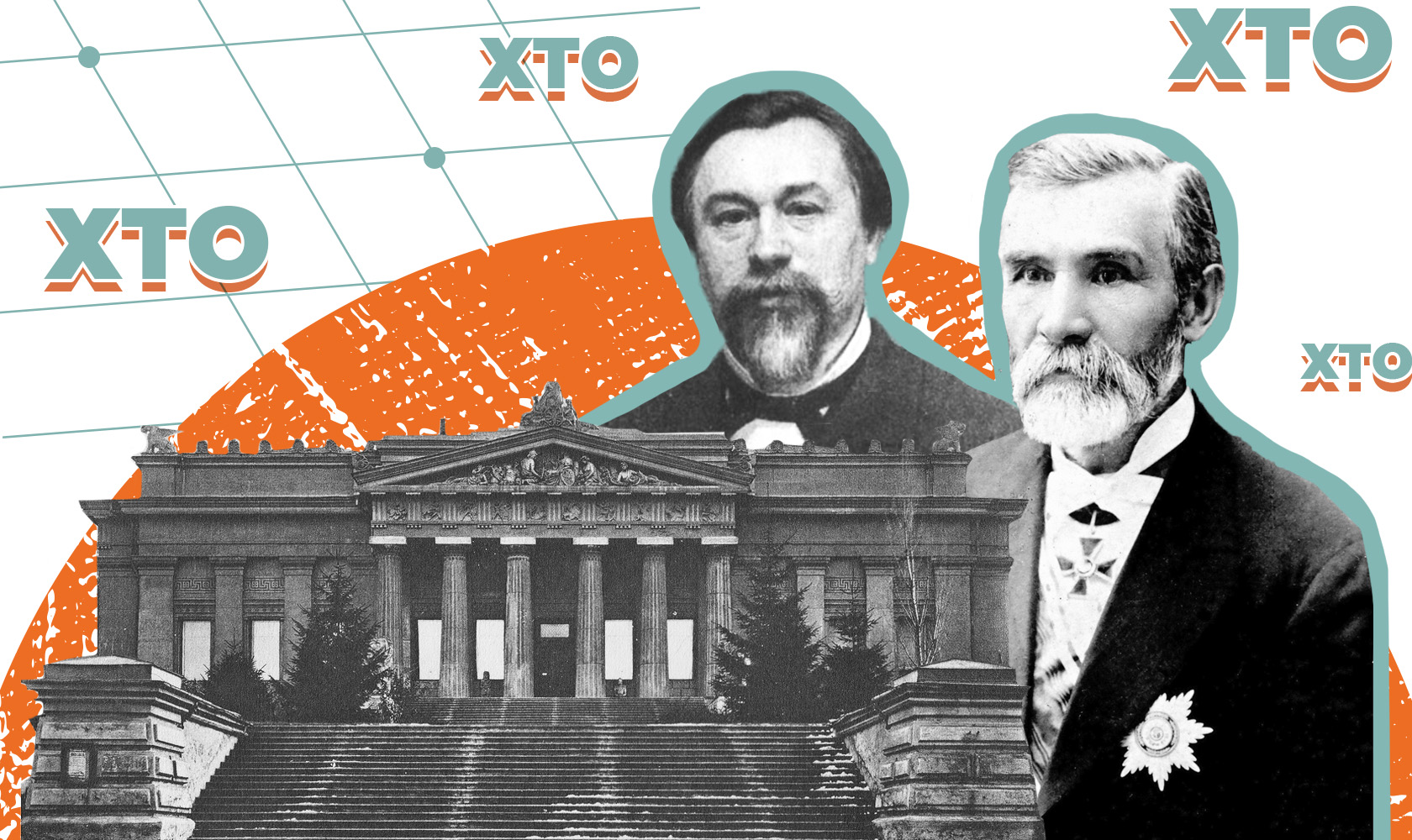Everyone knows who wrote the great Kobzar. But who made the book be published? Look for this and other great examples of philanthropy in a concise yet fascinating story of life of the Symyrenko family.
The sons of entrepreneur Fedir Symyrenko Platon and Vasyl are classic figures in the history of Ukrainian patronage. One of the greatest Ukrainian entrepreneurs of the 19th century, they sponsored the national movement – from funding the 1860 edition of Kobzar to supporting the next two generations of writers and scholars.
However, not only the philanthropic accomplishments of the Symyrenkos, but also their personal history is interesting. The Symyrenkos are a classic example of the “American dream” fulfilled on Ukrainian lands in the 19th century.
The patriarch of the family and the father of Platon and Vasyl, Fedir Symyrenko grew up a serf, but thanks to a combination of entrepreneurial spirit, hard work and a profitable marriage, he became a multimillionaire in a few decades.
After the deaths of Fedir Symyrenko and his eldest son Platon, the family fortunes began to melt, but Symyrenko’s younger son Vasyl was able to surmount obstacles for the second time and rose from bankruptcy to million-worth fortunes.
From serfdom to business
The Symyrenko family was of Cossack origin, but at the end of the 18th century, Fedir’s father Stepan Symyrenko fell into serfdom with his children. They managed to escape from slavery since Fedir and his wife’s brother Stepan Yakhnenko saved money – they rented several mills, increased their wealth and around 1815, bought the Symyrenko family from serfdom. Fedir continued to do business with Yakhnenko family – his brothers-in-law Stepan, Kindrat and Terentii.
Gradually, their business reached such a level that Fedir Symyrenko not only gained freedom, but also became a member of the merchant guild and a large entrepreneur, and later sent his sons Vasyl and Platon to study in France. According to some sources, Fedir had eight children who survived to adulthood, but only Vasyl and Platon went down in history as successful entrepreneurs and patrons.
By the 1840s, things were going so well for the Yakhnenkos and Symyrenkos that they built a steam sugar factory, a machine-building plant, and the entire infrastructure around them that was unique to Ukraine and the Russian Empire: from residential areas for workers to a library and theater. The products of the Yakhnenko-Symyrenko plants were sold throughout the Russian Empire and were competitive on the European market.
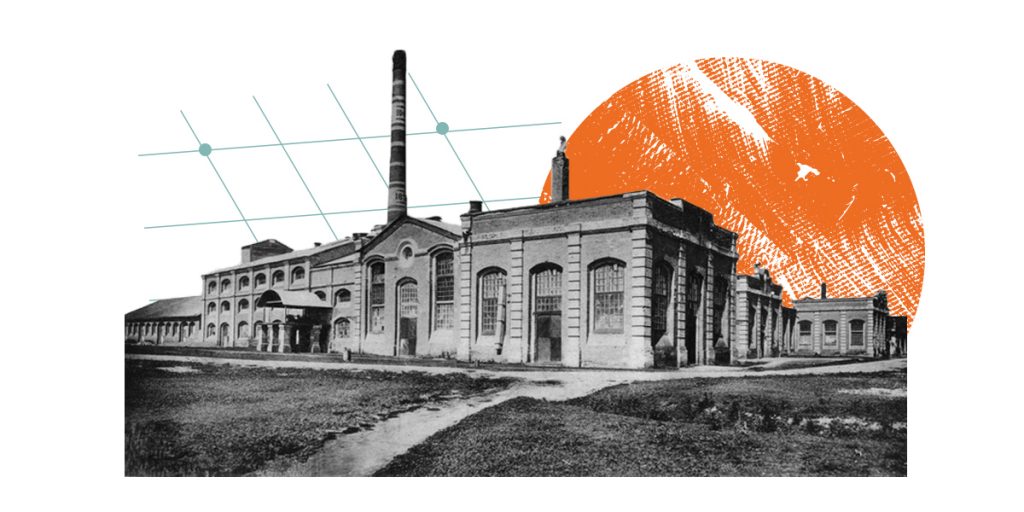
Eldest son Platon: patron of Taras Shevchenko
Fedir’s eldest son Platon Symyrenko was one of the key managers of the family’s sugar empire. But most of all, he is remembered for the role of patron in the life of Taras Shevchenko. In 1860, shortly before the poet’s death, Platon Symyrenko financed the publication of one of the few lifetime editions of Kobzar.
Interestingly, Symyrenko did not agree to be mentioned as the sponsor of publication, and became mad at Shevchenko when it was done without his permission. The reason was probably not so much in the patron’s modesty as in his desire to distance himself from politics. As he predicted, the support of the “opposition-minded” poet who had just returned from a ten-year imprisonment had a negative impact on business.
Youngest son Vasyl: a generous ascetic
In the 1860s, the Symyrenko’s business sustained by a number of sad factors, both historical and family-related, from the Polish Insurrection of 1863, which shook the business model, to the death of the company’s founders, first Kindrat Yakhnenko and then Fedir Symyrenko. During the same period, Platon Symyrenko died at the age of 42. For the next 50 years, his role in supporting the Ukrainian cause went to his younger brother Vasyl.
By the end of the 1860s and early 1870s, the original enterprise of the Yakhnenkos and Symyrenko-Sr. had virtually gone bankrupt, so the young Vasyl had to completely abandon his family heritage and build his business from scratch.
A combination of entrepreneurial skills, hard work and a successful marriage – and in a few years Symyrenko bought the first sugar factory. A few decades later, his fortune was estimated at 10 million rubles – several hundred million dollars for modern money.
Save on yourself, but not on culture
The life vicissitudes left a mark on Symyrenko’s way of life. Patron and public figure Yevhen Chykalenko in his memoirs described an interesting fact about Vasyl Symyrenko. One day, he went to visit a sugar magnate and saw that part of his room was filled with empty bundles of matches. To the question “Why is so?” full of surprise, Symyrenko explained that he changes the bundles with full ones. However, eccentric habits and hyperbolically ascetic lifestyle did not make Symyrenko an analogue of Dickens’ Scrooge. On the contrary, he donated a significant part of his profits to the Ukrainian cause, and at his death, he bequeathed all his wealth to the needs of Ukrainians.
Money to support the literature
Vasyl Symyrenko financed the publication of Ukrainian periodicals such as Kyivska Staryna: according to Chykalenko’s memoirs, every year Symyrenko visited the editorial office to find out their financial needs and how to cover them.
Symyrenko was actively involved in the development of Ukrainian literature and book publishing. For example, he financially supported the activities of Ukrainian writers and scientists – Mykhailo Hrushevskyi, Lesya Ukrainka, Mykhailo Kotsyubynskyi. With the assistance of Vasyl Symyrenko, many books important to Ukrainians were published, from several editions of Kobzar to historical and legal editions, such as “The Court Rules of Little Rus People.”
Symyrenko supported the work of Ukrainian scientific and cultural institutions – for example, in 1912, the Shevchenko Scientific Society was able to buy a new house in Lviv for Symyrenko’s money, and a decade earlier, he contributed to the funding of the Academic House in Lviv, which was built on the initiative of Mykhailo Hrushevsky for Ukrainian young people.
It was important for the patron that Ukraine was not known abroad, so Symyrenko donated money to Ukrainian intellectuals such as Roman Sembratovych and Volodymyr Kushnir to publish materials about Ukraine in European languages.
For Vasyl Symyrenko and his older brother Platon, funding of Ukrainian cause was a very important task (if not a lifelong mission) that they did out of deep inner motivation rather than just for good reputation and for business interests. As Vasyl Symyrenko said,
“If Ukraine didn’t need money, I wouldn’t work so much.”
The campaign about Ukrainian benefactors “Who Stands behind this?” is created by Zagoriy Foundation in partnership with bit.ua. The material on the partner resource is posted at the link.

